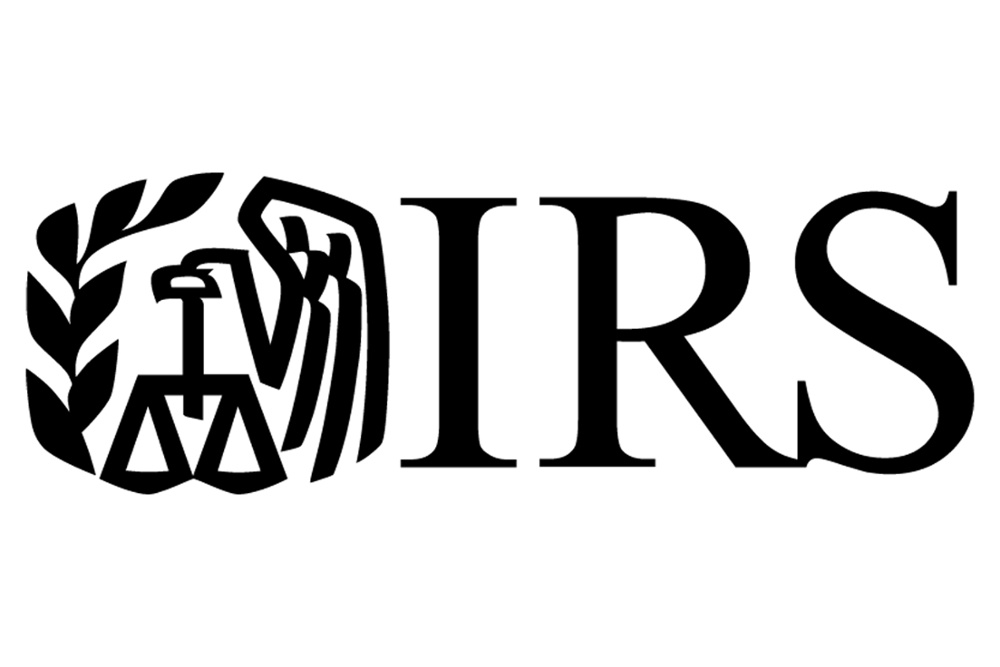On July 9, the House Ways & Means Committee approved legislation, H.R.8915, to expand the kinds of education-related expenses that can be paid tax-free from a 529 plan. Among the bill’s provisions is one that would allow NAIFA members to use 529 funds for professional certifications or programs connected with obtaining a postsecondary credential, including those required to obtain a state license.
The party-line vote was 23 to 13. The bill now goes to the House floor for a vote.
H.R.8915, “The Education and Workforce Freedom Act,” was introduced by Rep. Kevin Hern (R-OK). H.R. 8915 encompasses a revised version of the Freedom to Invest in Tomorrow’s Workforce Act (H.R. 1477 / S. 722), which would permit beneficiaries of 529 savings accounts to use the funds in those accounts to cover costs associated with obtaining and maintaining postsecondary credentials, including professional certifications and occupational licenses.
It adds specified education expenses to the list of those that can be paid from tax-free 529 plan funds. The newly authorized eligible expenses include homeschool supplies, increased elementary school and high school tuition; educational materials; outside-the-home tutoring expenses; fees for national tests; professional certification expenses; educational therapies for students with disabilities; and other educational expenses associated with homeschooling. These provisions are generally opposed by Democrats, which led to a party-line vote, even though Democratic Ways and Means member Rep. John Larson (D-CT) has cosponsored H.R. 1477 and Rep. Jimmy Panetta (D-CA), spoke out in favor of expanding 529 plans to cover certifications/postsecondary credentials and explicitly praised the Freedom to Invest in Tomorrow’s Workforce Act during the hearing.
There was one amendment offered, by Rep. Lloyd Doggett (D-TX), which was rejected, also on a party-line vote, by the committee. The amendment would have limited eligibility to contribute to a 529 plan to individuals earning less than $1 million per year.
NAIFA supports H.R.8915 to provide financial professionals and their clients with greater financial flexibility as they enter the workforce and seek to further their education.
Prospects: H.R.8915 is now ready to go to the House floor for a vote. It is a partisan bill, and expansion of 529 plans is controversial on a partisan basis. Plus, it will generate revenue loss. Thus, while it is probable that it will be in the mix during any debate on the 2025 tax bill, its prospects for enactment this year are considerably less than 50-50.
NAIFA Staff Contact: Jayne Fitzgerald – Director – Government Relations, at jfitzgerald@naifa.org.






.png?width=600&height=90&name=Support%20IFAPAC%20%20(600%20%C3%97%2090%20px).png)
